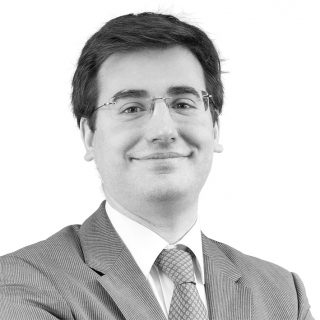Autonomous cars without human pilots could be seen on public roads within the next year.
Automated driving solutions specialist Delphi Automotive has teamed up with mobility services provider Transdev to develop a fully automated mobility-on-demand (AMoD) transport system and the two companies are already planning pilot programmes in France. These would be the first open road, driverless on-demand mobility services in the EU.
According to Glen De Vos, Senior Vice President and Chief Technology Officer at Delphi, the partnership with Transdev will help accelerate the development of commercially viable automated vehicle solutions.
“With Transdev’s deep understanding of mobility operations, this collaboration will further strengthen our AMoD and data management capabilities, while expanding our automated driving platform to include a variety of different vehicle types,” he said. “As a result, we’re confident this collaboration brings us closer to providing all of our customers and partners with an affordable, reliable and scalable automated driving and mobility-on-demand platform.”
Under the terms of the agreement the two companies will share knowledge of AMoD systems to develop fully autonomous vehicles, a driverless vehicle infrastructure solution (DVIS) and cloud infrastructure to support a commercial AMoD system that can operate globally.
The new solution will incorporate Transdev’s Universal Routing Engine (URE) and Delphi’s new automated driving platform, the Centralised Sensing, Localisation and Planning (CSLP) platform, which the company is developing in partnership with Mobileye, a specialist in autonomous driving technology.
In a pilot programme in Rouen, Normandy, Transdev and Delphi will jointly test the entire system: dispatch, remote control-command and vehicles, as well as the sensor architecture and intelligence for driverless last-mile and door-to-door transportation service, with the next phase including a commercial service.
In a separate programme in Paris-Saclay, the two companies will collaborate on the development of a first-mile, last-mile on-demand solution between a conventional railway station and the Paris-Saclay plateau and campus.





